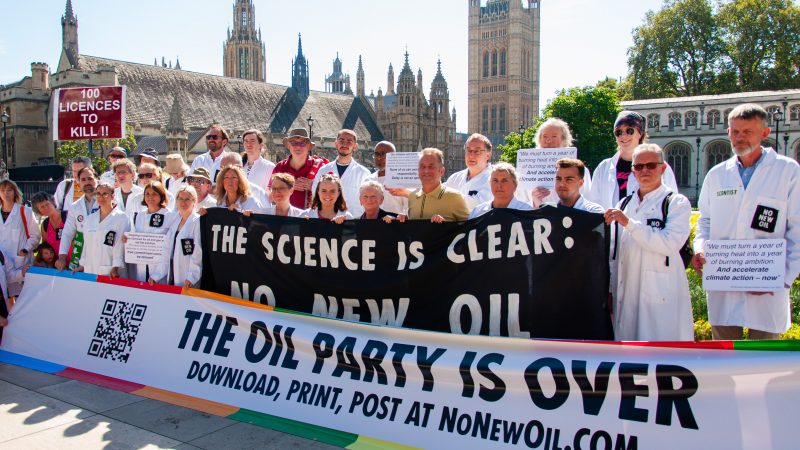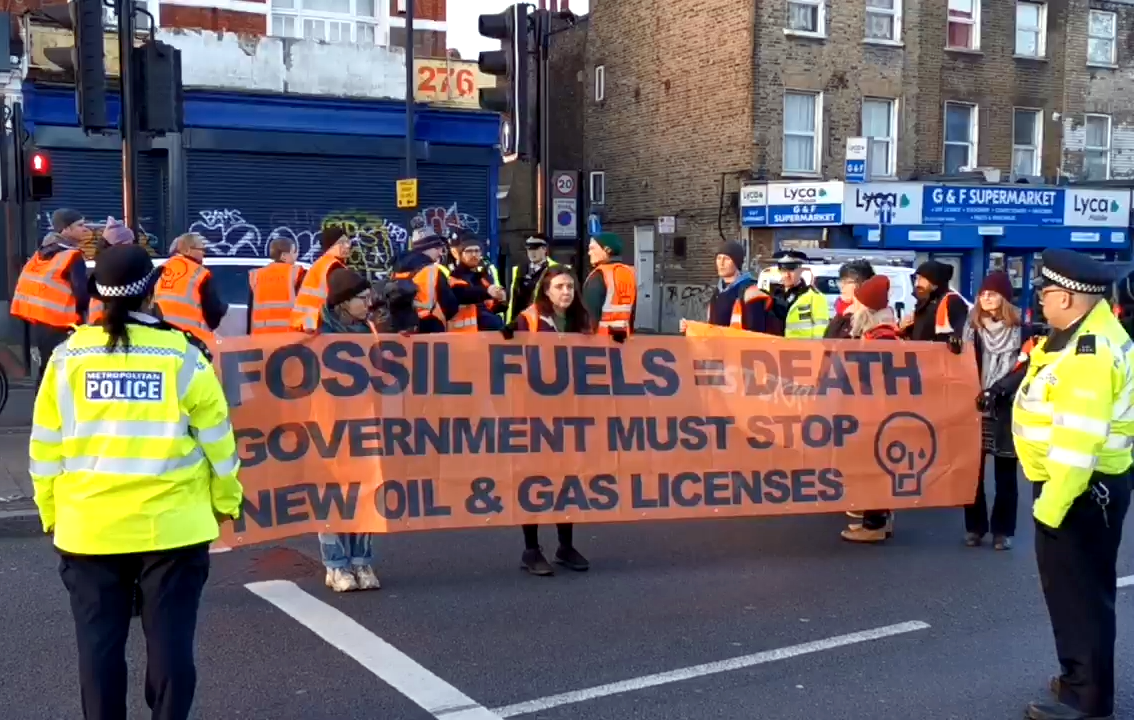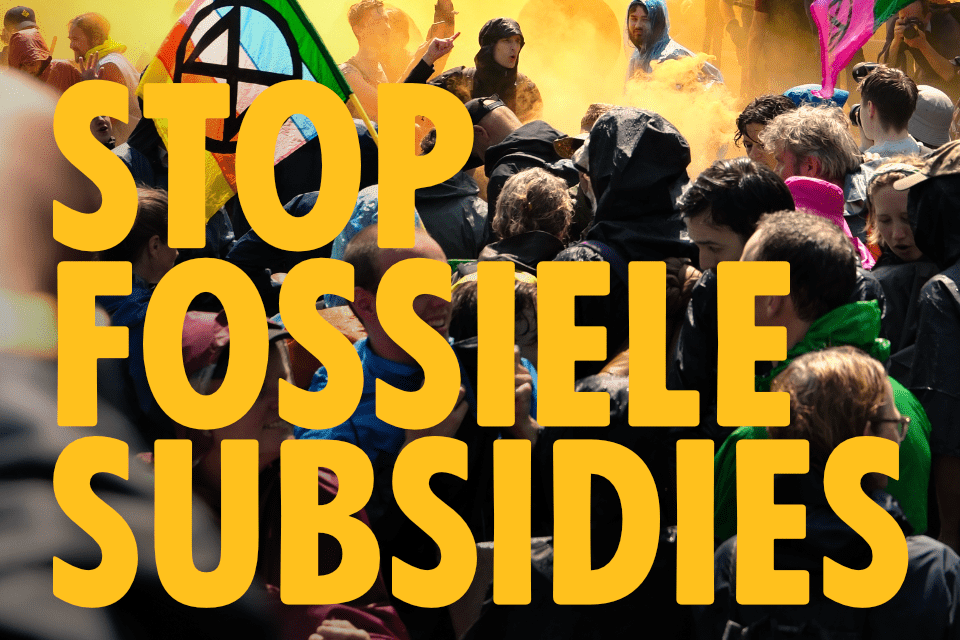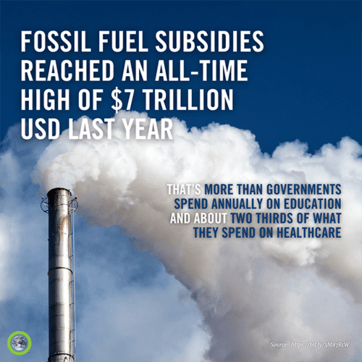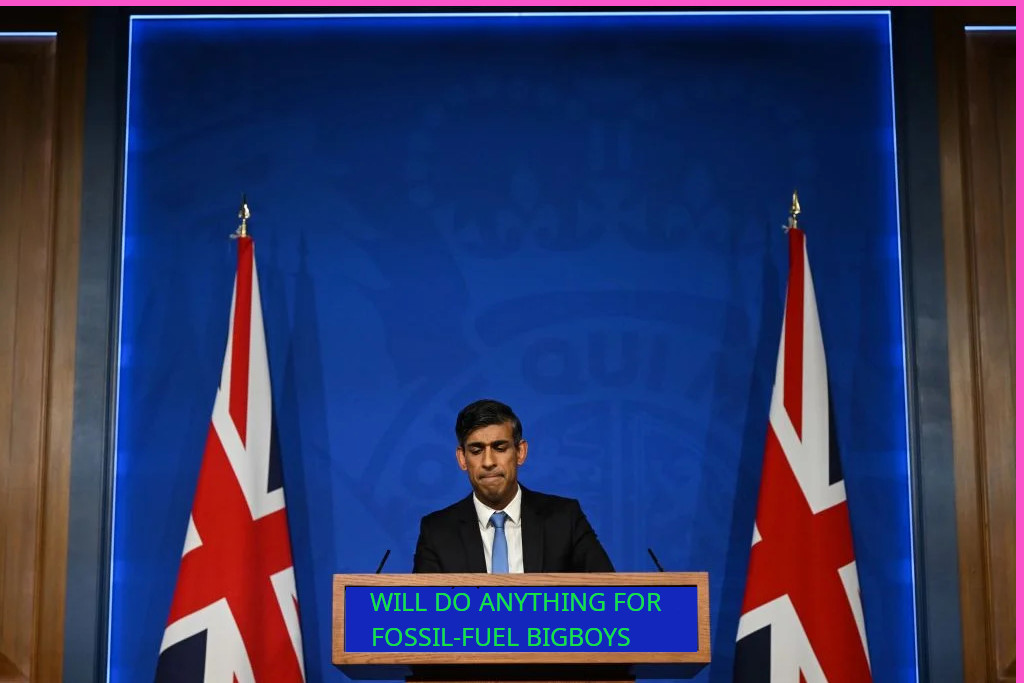Biden Offshore Drilling Plan Continues ‘Dangerous Cycle’
Original article by JESSICA CORBETT republished from Common Dreams under Creative Commons (CC BY-NC-ND 3.0).

“Offshore oil and gas drilling is not only dirty and dangerous, but it also supercharges the existing climate crisis,” said one campaigner.
The Biden administration on Friday finalized a five-year plan for offshore fossil fuel leasing that was initially released in September and sharply condemned as a “climate nightmare.”
The Department of the Interior (DOI) highlighted in a statement Friday that the 2024-29 National Outer Continental Shelf (OCS) Oil and Gas Leasing Program has the fewest sales in history, with just three for the Gulf of Mexico set to be held in 2025, 2027, and 2029.
The DOI also stressed that the Inflation Reduction Act (IRA) signed last year by President Joe Biden “prohibits the Bureau of Ocean Energy Management (BOEM) from issuing a lease for offshore wind development unless the agency has offered at least 60 million acres for oil and gas leasing on the OCS in the previous year.”
“BOEM continues to treat the Gulf as a region where community health and well-being can be sacrificed to allow continued oil and gas production.”
That part of the IRA is one of the key reasons it has been criticized by climate campaigners, who continue to warn that the landmark package is far from enough to meet the U.S. goal of halving planet-heating emissions by the end of this decade.
The DOI’s plan outraged the American Petroleum Institute and U.S. House Committee on Natural Resources Chairman Bruce Westerman (R-Ark.) for not being friendly enough to the fossil fuel industry while advocates for the planet warned that it’s not bold enough given the worsening climate emergency.
“Offshore oil and gas drilling is not only dirty and dangerous, but it also supercharges the existing climate crisis,” Beth Lowell, Oceana’s vice president for the United States, declared in a Friday statement about the finalized program. She pointed out that the process actually began under former President Donald Trump, who proposed 47 leasing sales.
“This five-year plan started with President Trump proposing to open nearly all U.S. waters to offshore oil drilling and ends with President Biden’s final plan that is the smallest to date,” she said. “The footprint of offshore drilling was not expanded, but the dangerous cycle of drilling and spilling must end.”
After the Biden administration released its proposal in September, Natural Resources Defense Council senior attorney Irene Gutierrez wrote the following month that “BOEM continues to treat the Gulf as a region where community health and well-being can be sacrificed to allow continued oil and gas production.”
“BOEM also fails to account for the severe risks from additional oil and gas leasing to the Gulf ecosystem and species like the critically endangered Rice’s whale,” Gutierrez charged. “BOEM’s analysis also treats catastrophic oil spills like the Deepwater Horizon disaster as events that are speculative and unlikely to repeat again, and the program excludes such spills from its analysis.”
“In our comments to the proposed program and in other advocacy, we urged BOEM to issue a program with no new lease sales. The agency has ample authority to do so,” she noted. “Further, declining fossil fuel demand and existing energy reserves mean that no new offshore leasing is needed for at least the next 30 years to meet national energy needs. BOEM could have issued a zero-lease sale plan, but declined to do so, despite calls from a wide range of community and environmental groups for no new leasing in the Gulf.”
The DOI plan comes near the end of what experts have said will be the hottest year on record. It also comes on the heels of United Nations climate talks that scientists called “a tragedy for the planet,” given that the final deal out of COP28 called for “transitioning away from fossil fuels,” but did not endorse the “phaseout” demanded by civil society and most participating countries.
Biden—who is seeking reelection next year and may face off against Trump—has previously come under fire from frontline communities and climate organizations for skipping that U.N. summit, supporting the Willow oil project and Mountain Valley Pipeline, enabling the expansion of liquefied natural gas exports, and refusing to declare a national climate emergency.
On Thursday, the Biden administration released new proposed guidance on clean energy tax credits from the IRA.
“President Biden must do so much more if he wants to be taken seriously by young voters,” Michele Weindling, political director of the youth-led Sunrise Movement, said in response to the guidance. “He is overseeing an explosion in oil and gas production that has resulted in the U.S. producing more fossil fuels than ever before.”
Original article by JESSICA CORBETT republished from Common Dreams under Creative Commons (CC BY-NC-ND 3.0).
